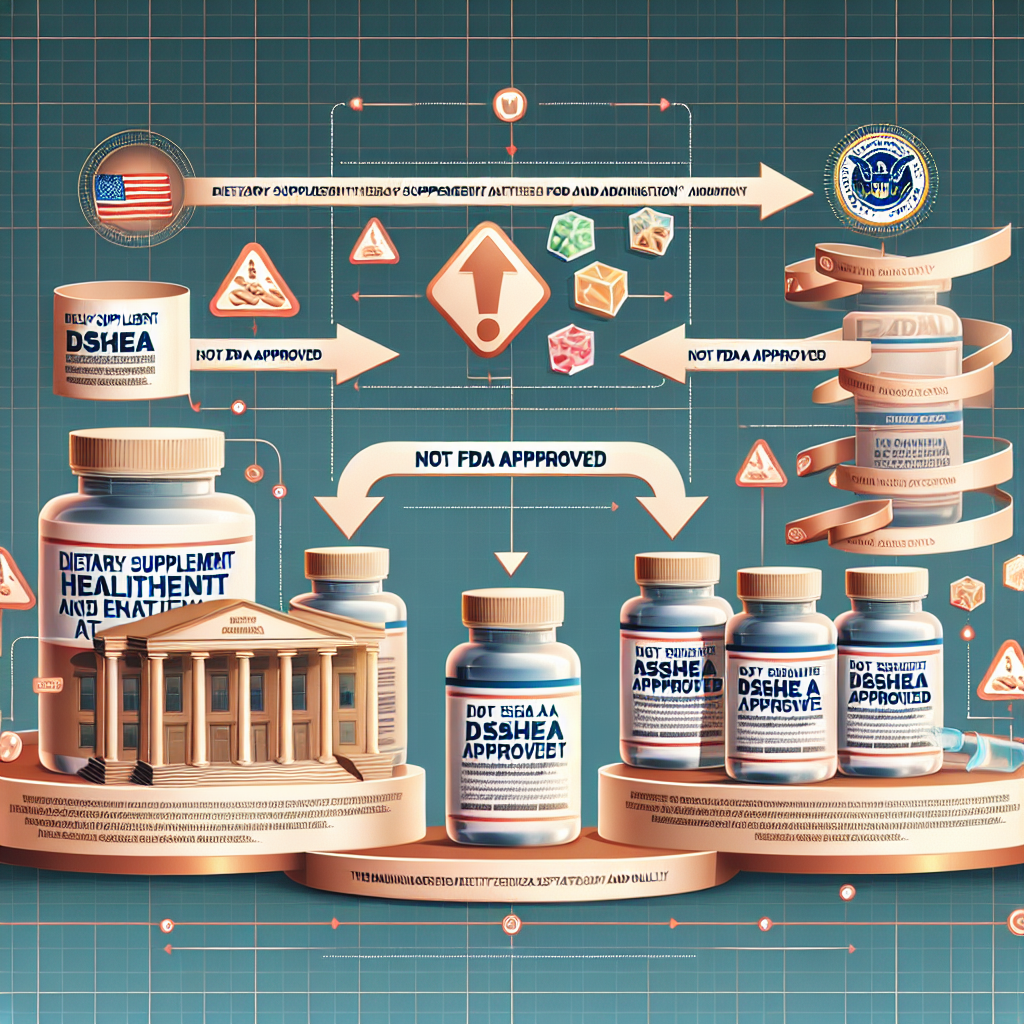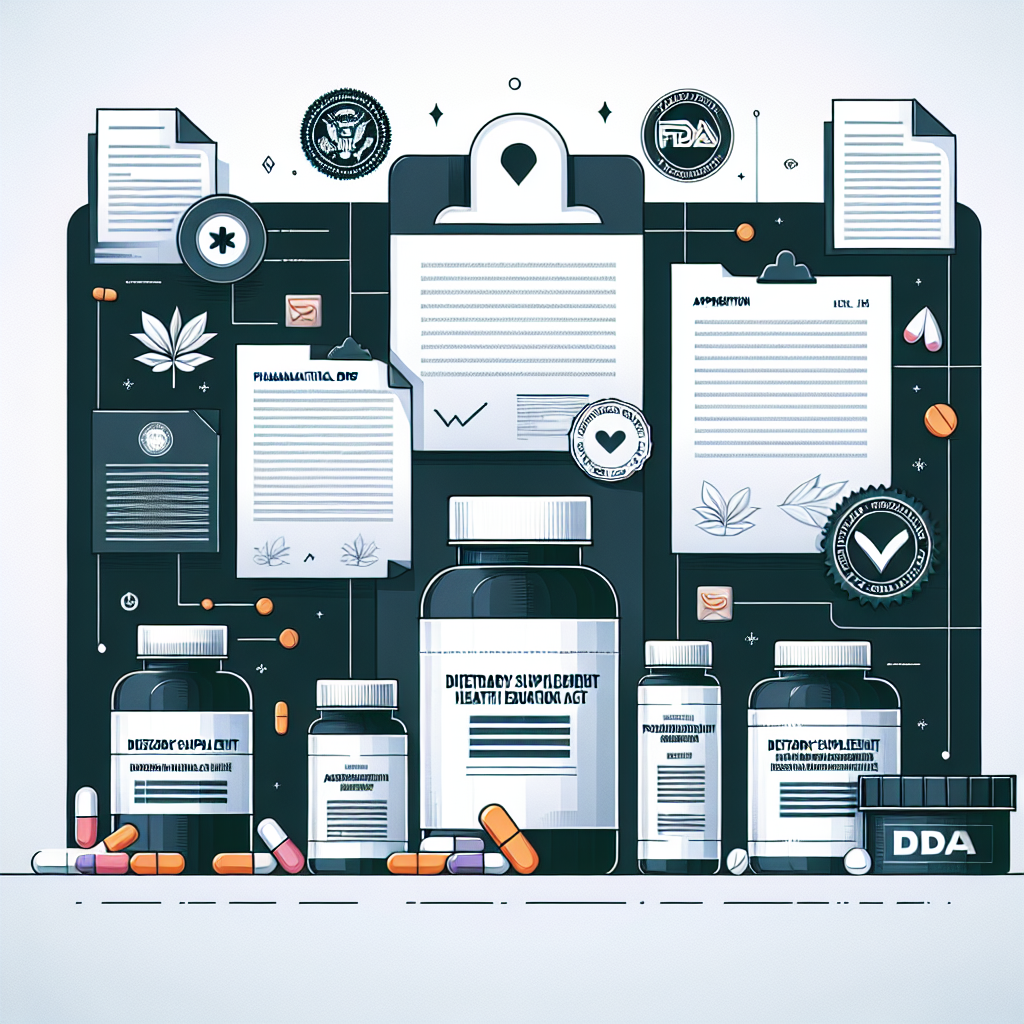When shopping for multivitamins, you’ve likely seen products advertised as “FDA approved” or featuring official-looking seals suggesting government endorsement. The reality? There’s no such thing as an FDA approved multivitamin. This common misconception is just one of many that cloud consumer understanding of how dietary supplements are actually regulated in the United States.
Understanding the truth about multivitamin regulation is crucial for both consumers and manufacturers in today’s health-conscious marketplace. The dietary supplement industry generates billions in revenue annually, with multivitamins being among the most popular products. Yet, many consumers remain in the dark about the verification processes these products undergo—or don’t undergo—before reaching store shelves.
The Reality of FDA’s Role in Multivitamin Regulation
Contrary to popular belief, the FDA does not approve dietary supplements, including multivitamins, before they enter the market. The regulatory framework governing these products stems from the Dietary Supplement Health and Education Act of 1994 (DSHEA), which fundamentally changed how supplements are overseen.
Under DSHEA, dietary supplements are regulated as a category of food, not drugs. This distinction is critical because it means multivitamins don’t require pre-market approval for safety or efficacy. Instead, the responsibility falls on manufacturers to ensure their products are safe before marketing them.
“Many consumers mistakenly believe the FDA tests and approves multivitamins before they reach the market,” says Dr. Cara Welch, director of the FDA’s Office of Dietary Supplement Programs. “In reality, the FDA does not approve dietary supplements or their product labeling before they are sold to the public.“
DSHEA and CGMP: The Real Regulatory Framework
The Dietary Supplement Health and Education Act created a specific regulatory category for dietary supplements, setting them apart from both conventional foods and pharmaceutical drugs. This framework gives the FDA authority to:
- Take action against unsafe products after they reach the market
- Establish manufacturing standards through Current Good Manufacturing Practices (CGMP)
- Regulate claims made on product labels
- Monitor adverse event reports
Perhaps the most significant aspect of supplement regulation comes through the CGMP requirements outlined in Title 21 of the Code of Federal Regulations, Part 111. These regulations establish the minimum requirements for manufacturing, packaging, labeling, and storing dietary supplements.
CGMP regulations for fda approved multivitamins (though remember, they’re not actually “approved”) require manufacturers to:
- Establish quality control procedures
- Design and construct appropriate manufacturing facilities
- Maintain clean and sanitary conditions
- Ensure proper testing of ingredients and finished products
- Maintain detailed records of production
- Implement systems to investigate consumer complaints
FDA inspectors regularly visit manufacturing facilities to verify compliance with these standards. During these inspections, they review production records, examine facilities, and may collect samples for testing. However, these inspections don’t constitute “approval” of the products being manufactured.
The Truth About Testing Requirements
One area where many manufacturers remain silent is the extent of testing required—or not required—for multivitamins. The CGMP regulations mandate that manufacturers verify their products meet specifications for identity, purity, strength, and composition. However, the specific testing methods are largely left to the manufacturer’s discretion.
The FDA doesn’t prescribe standardized testing protocols for all fda approved multivitamins or ingredients. This means two different manufacturers might use entirely different methods to verify their products meet label claims. Some might employ rigorous testing at multiple stages of production, while others might do the minimum necessary to satisfy regulatory requirements.
Quality-focused companies often exceed these minimum standards, implementing comprehensive testing programs that verify the identity and potency of ingredients, screen for contaminants, and confirm the finished product matches label claims. NutraAeon, for instance, implements industry-leading testing protocols that go beyond regulatory requirements, ensuring exceptional quality in every ingredient supplied to manufacturers.
Labeling Requirements: What Must Be Disclosed
While the FDA doesn’t pre-approve multivitamin formulations, it does have strict requirements for product labeling. All dietary supplements must feature a “Supplement Facts” panel that discloses:
- Serving size
- Each dietary ingredient and its quantity per serving
- Percent Daily Value (when established)
- Other ingredients in descending order of predominance
Additionally, labels cannot make claims to treat, cure, or prevent disease—such claims would reclassify the product as an unapproved drug. Instead, manufacturers are limited to making structure/function claims that describe how ingredients might affect the body’s structure or function. For detailed guidance, see FDA supplement labeling requirements.
For example, a multivitamin can claim “supports immune health” but not “prevents colds.” These structure/function claims must be accompanied by a disclaimer stating: “This statement has not been evaluated by the Food and Drug Administration. This product is not intended to diagnose, treat, cure, or prevent any disease.“
Many manufacturers don’t prominently highlight this disclaimer, sometimes using smaller text or placing it where it’s less likely to be noticed by consumers.
Documentation and Record-Keeping: The Paper Trail
Another aspect of multivitamin regulation that remains largely invisible to consumers is the extensive documentation requirements. Manufacturers must maintain detailed records of:
- Written procedures for quality control operations
- Master manufacturing records for each product
- Batch production records
- Ingredient testing results
- Equipment cleaning and maintenance logs
- Product complaints and investigations
These records must be made available to FDA inspectors during facility visits but are typically not accessible to consumers. This documentation forms the backbone of regulatory compliance but remains behind the scenes.
Companies committed to transparency, like those partnering with NutraAeon, often provide Certificates of Analysis and quality documentation that exceed regulatory requirements. This approach aligns with growing consumer demand for greater transparency about product quality and testing.
The Transparency Challenge
Perhaps the most significant issue in multivitamin regulation is the transparency gap between what manufacturers know and what consumers understand. While manufacturers must comply with regulatory requirements, they have considerable latitude in how much additional information they choose to share with consumers.
Some key areas where transparency is often lacking include:
Source of ingredients: Regulations don’t require disclosure of where ingredients originate, meaning consumers rarely know if vitamins in their supplements come from natural sources or are synthetic.
Testing protocols: Manufacturers aren’t required to disclose their specific testing methods or results for potency and purity.
Quality standards: While some manufacturers adhere to pharmacopeial standards like USP (United States Pharmacopeia), many don’t, and there’s no requirement to disclose which standards are followed.
Manufacturing location: Products can be labeled “Made in USA” even if ingredients come from overseas, as long as final formulation occurs domestically.
NutraAeon addresses these transparency challenges by providing complete documentation, certificates of analysis, and full supply chain visibility from source to delivery. This approach empowers manufacturers to create truly transparent products that build consumer trust.
Post-Market Surveillance: The Real Regulatory Safety Net
Since fda approved multivitamins don’t undergo pre-market approval, post-market surveillance becomes the primary mechanism for identifying safety issues. The FDA relies heavily on:
Adverse event reporting: Serious adverse events must be reported by manufacturers, but many less serious events go unreported.
Consumer complaints: Direct reports from consumers through the FDA’s MedWatch program help identify potential problems.
Market monitoring: The FDA periodically tests products on the market to verify compliance with regulations.
Warning letters: When violations are found, the FDA issues warning letters requiring corrective action.
This reactive approach means unsafe or mislabeled products may remain on the market until problems are identified and addressed. In 2022 alone, the FDA issued dozens of warning letters to supplement manufacturers for violations ranging from manufacturing deficiencies to illegal disease claims.
The FDA’s limited resources for enforcement mean that many non-compliant products continue to be sold. A 2017 study published in JAMA found that many supplements contained ingredients not listed on their labels, some of which posed potential health risks.
Strategic Partnerships: The Path to Quality
For manufacturers committed to creating high-quality multivitamins, strategic partnerships with trusted ingredient suppliers become essential. These partnerships can provide access to:
- Premium ingredients with verified potency and purity
- Complete documentation and testing certificates
- Technical expertise for optimal formulation
- Regulatory guidance for compliant labeling
NutraAeon’s approach to empowerment through technical expertise helps manufacturers enhance both product formulation and market positioning. By partnering with companies that exceed regulatory requirements, manufacturers can differentiate their products in an increasingly crowded marketplace.
The Bottom Line: There Are No FDA Approved Multivitamins
Despite common misconceptions, the FDA does not approve multivitamins or other dietary supplements before they reach the market. The regulatory framework established by DSHEA places the responsibility for safety and compliance on manufacturers, with the FDA providing oversight through CGMP regulations and post-market surveillance.
For consumers, understanding this reality means approaching supplement purchases with appropriate skepticism and seeking out brands that voluntarily provide greater transparency about their ingredients, testing, and quality standards.
For manufacturers, the regulatory framework presents both challenges and opportunities. While compliance with minimum requirements is necessary, true market differentiation comes from exceeding these standards through rigorous quality control, transparent communication, and strategic partnerships with trusted suppliers like NutraAeon.
By embracing quality, transparency, and empowerment—core values that align with NutraAeon’s philosophy—manufacturers can navigate the complex regulatory landscape while creating products that genuinely serve consumer needs. In an industry where “FDA approved” is a myth, those who commit to higher standards of quality and transparency will ultimately earn consumer trust and business success.


